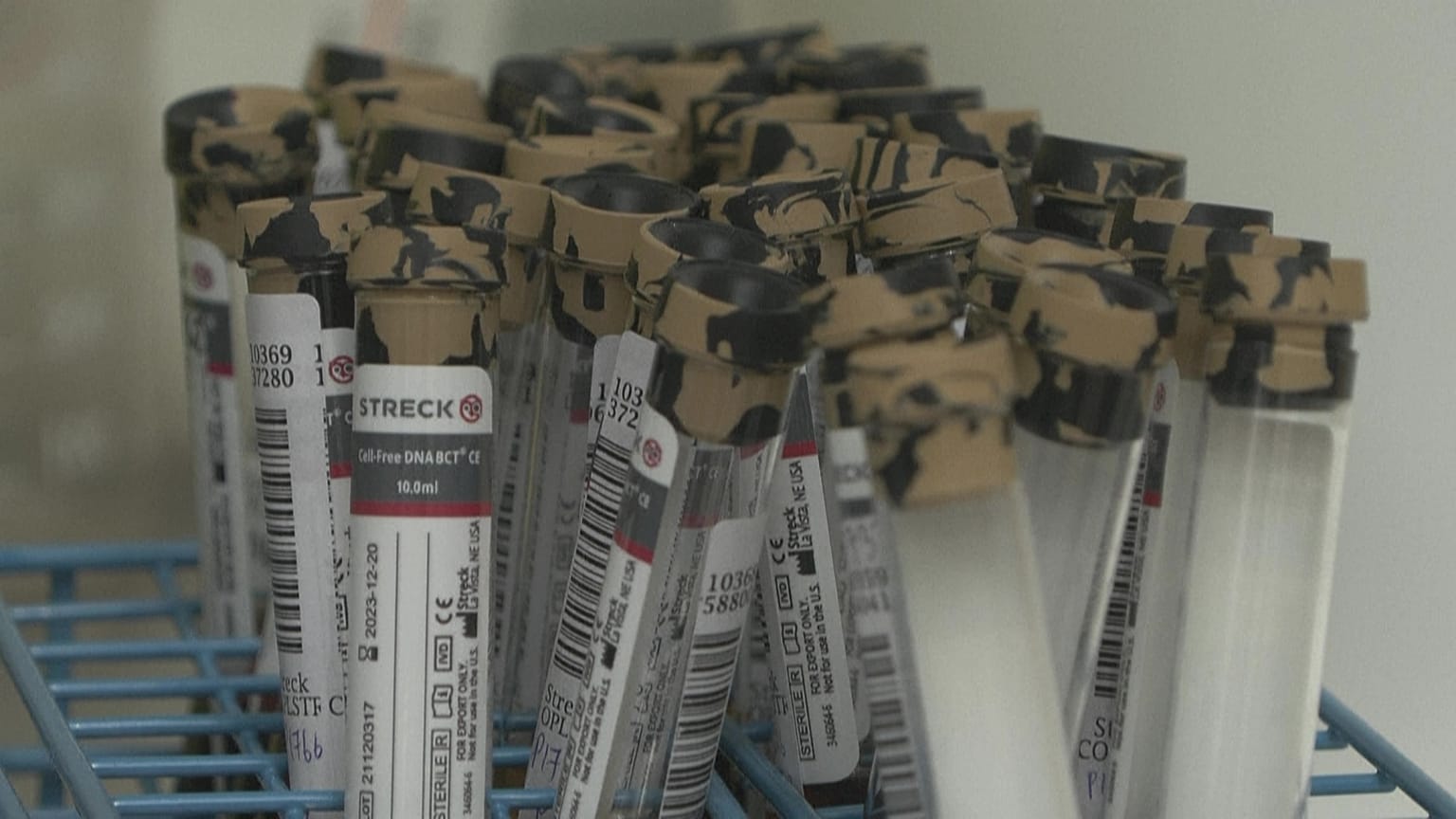The study, which has had 1,700 women participants so far, is looking to detect the cause behind a lost pregnancy as early as five weeks gestation.
One in 10 women experiences a pregnancy loss in their lifetimes, according to a recent study published in the Lancet journal.
The causes of miscarriage are varied and can be the result of a hormonal imbalance, endocrinal illnesses, coagulation problems, or lifestyle issues. Previous research has found, for instance, that chromosomal abnormalities account for about 50 to 60 per cent of miscarriages.
But a new Danish-led study has found that a blood test taken after a miscarriage suffered as early as week five of pregnancy can determine the cause, including whether the foetus had a chromosome anomaly.
Researchers say this yields possibilities for preventative treatments.
The study is part of the Copenhagen Pregnancy Loss (COPL) project launched in 2020 and is still underway.
So far, about 1,700 women who have experienced miscarriage have accepted to participate in the project.
Like many other Western countries, in Denmark, blood tests are usually only offered after a woman has suffered three miscarriages, and only if they occurred after the tenth pregnancy week.
"This is 2023. We are way beyond just counting as the criteria,” said Henriette Svarre Nielsen, a professor of gynaecology at Hvidovre Hospital and head of the research project.
As part of the study, all women who have suffered a miscarriage and visited the Hvidovre hospital are offered the blood test.
More than 75 percent of them have accepted so far.
How it works
The blood test is immediately sent to the hospital lab.
The foetus' DNA is then isolated, sequenced, and analysed to see if it carries a chromosome anomaly.
"They would also be able to predict the risk" of future miscarriages,” said lab technician Lene Werge.
"For this pregnancy loss, there is a trisomy 21. And this is what caused the pregnancy loss," Werge added, demonstrating a DNA sample with extra copies of chromosome 21, which is linked to Down Syndrome.
Data of the participants are divided into two groups depending on whether anomalies were found or not.
If no anomalies are found, doctors then launch a meticulous search for answers.
If an explanation is found, doctors can determine the risks and devise a treatment plan.
"I think the years to come are super exciting, because now we will have the good data background to actually answer questions properly, that has to do with pregnancy loss, reproduction, but also has to do with women's health in general," said Nielsen.
'Make the loss matter'
"Pregnancy loss is something that's very common, 25 per cent of all pregnancies end in a pregnancy loss," she said.
"And even though it's been so common for many, many years, the only focus has been on emptying the uterus after the loss".
Rikke Hemmingsen is a 39-year-old woman who has experienced miscarriages.
"I think everyone saying this [pregnancy loss in early stage] is normal, doesn't make it more normal or more or less sad to one it happens to. when you see those two little lines on that little test, then you start dreaming, you start planning your family and you start to imagine how is this baby," she said.
She hopes the project will help fewer women have to go through what we went through.
"I think that the project makes all the grief and all the sadness that every pregnancy loss is matter".
For more on this story, watch the video in the media player above.


















